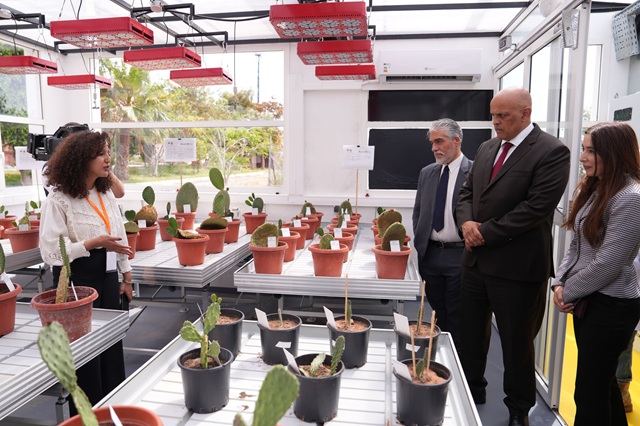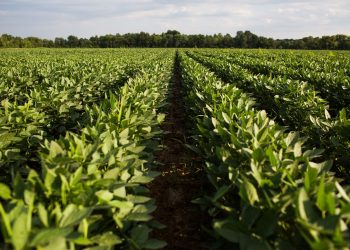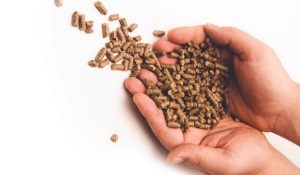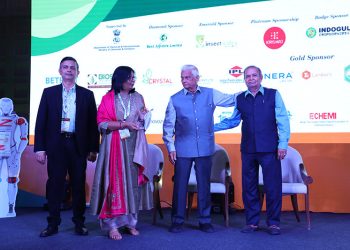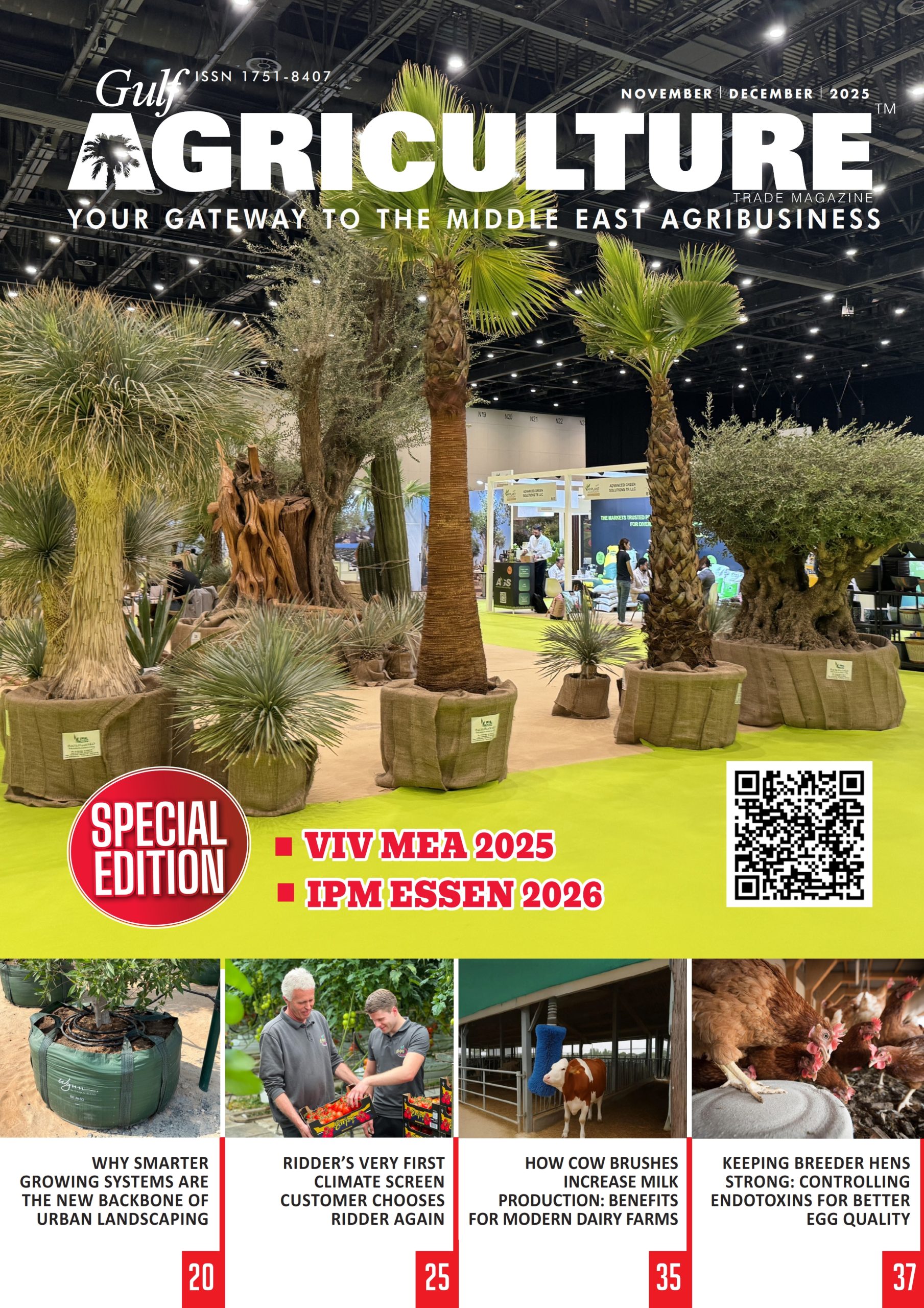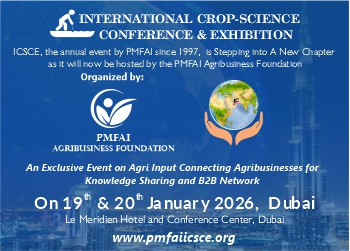The International Center for Agricultural Research in the Dry Areas (ICARDA), under the patronage of Morocco’s Ministry of Agriculture, Maritime Fisheries, Rural Development, and Water and Forests, officially inaugurated the African Breeding Accelerator in Rabat. This cutting-edge facility is a regional hub for fast-tracking the development of climate-resilient crop varieties tailored to the needs of dryland countries across Africa, where climate extremes, soil degradation, and water scarcity increasingly threaten agricultural productivity and food security.
Attended by senior government officials, international donors, ICARDA board members, and key partners, the inauguration underscored a shared commitment to strengthening food security and climate adaptation through scientific innovation. The event was also part of ICARDA’s 50th anniversary celebrations.
“This facility is a launchpad for the next generation of high-performing, climate-smart, market-demanded varieties, tailored specifically to African conditions and to the needs of African farmers,” said Dr. Tareq Alzabet, ICARDA Board Chair. “It stands as a testament to what can be achieved when governments, donors, and research institutions come together with a common purpose.”
Developing drought-tolerant and disease-resistant varieties through traditional methods often takes over a decade. The African Breeding Accelerator will slash breeding timelines by up to six years, using advanced speed breeding technologies including high-tech greenhouses, NASA-derived LED lighting systems, and growth chambers that simulate near-continuous daylight. This enables up to five crop generations per year, significantly accelerating the research-to-farm pipeline.
“The accelerator is not just a physical building, it’s a living laboratory of scientific excellence, innovation, and transformation,” said Mr. Aly Abousabaa, ICARDA Director General and CGIAR CWANA Regional Director. “Together with our partners at INRA, we are tackling one of the most urgent challenges of our time: accelerating genetic gains in crops that matter most to smallholder farmers across the drylands.”
The 1,000 m² facility supports up to 150,000 cereal and legume plants at any time, focusing on staple dryland crops including wheat, barley, chickpea, lentil, grass pea, faba bean, and cactus. It also integrates non-destructive nutritional testing using Near-Infrared Reflectance Spectroscopy (NIRS), ensuring quality traits meet farmer and consumer needs.
Built with sustainability at its core, the facility is fully powered by solar energy, features water recycling systems for irrigation, and composts all organic waste, setting a benchmark for eco-efficient agricultural research infrastructure.
“As a breeder myself, I know that one of our biggest challenges is time. This accelerator gives us the opportunity to fast-track breeding programs and save years. That’s transformative,” said Pr. Lamiae Ghaouti, Director of INRA.
The platform reflects deep collaboration with Moroccan institutions such as the National Institute for Agricultural Research (INRA) and the Moroccan National Office for Food Safety (ONSSA) and leverages regional partnerships to link science directly to farmers. It serves as a cornerstone of ICARDA’s mission to build climate-resilient food systems and improve the livelihoods of rural communities, not only in Morocco but across ICARDA’s focus countries in the region, ensuring that innovations reach the farmers who need them most
|
|






